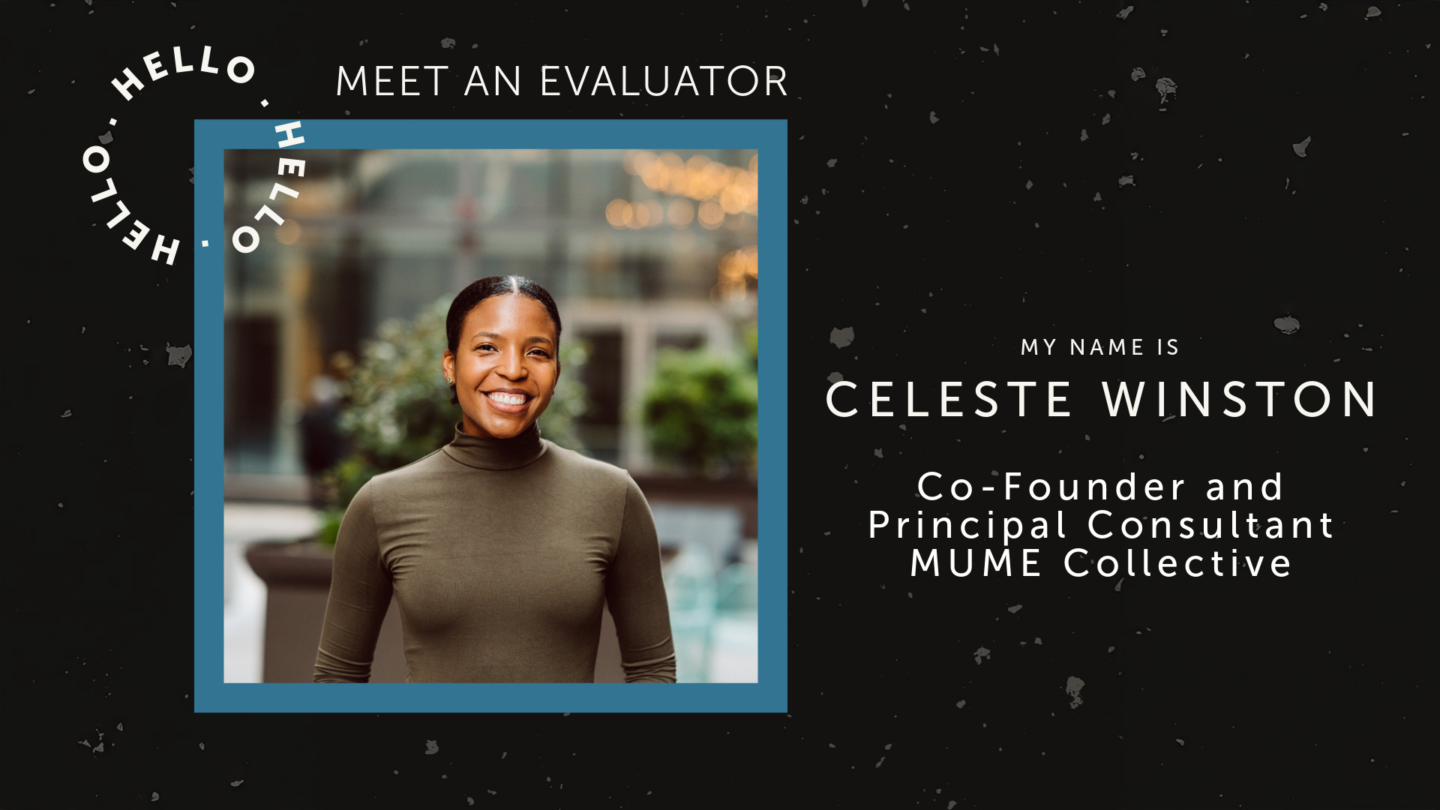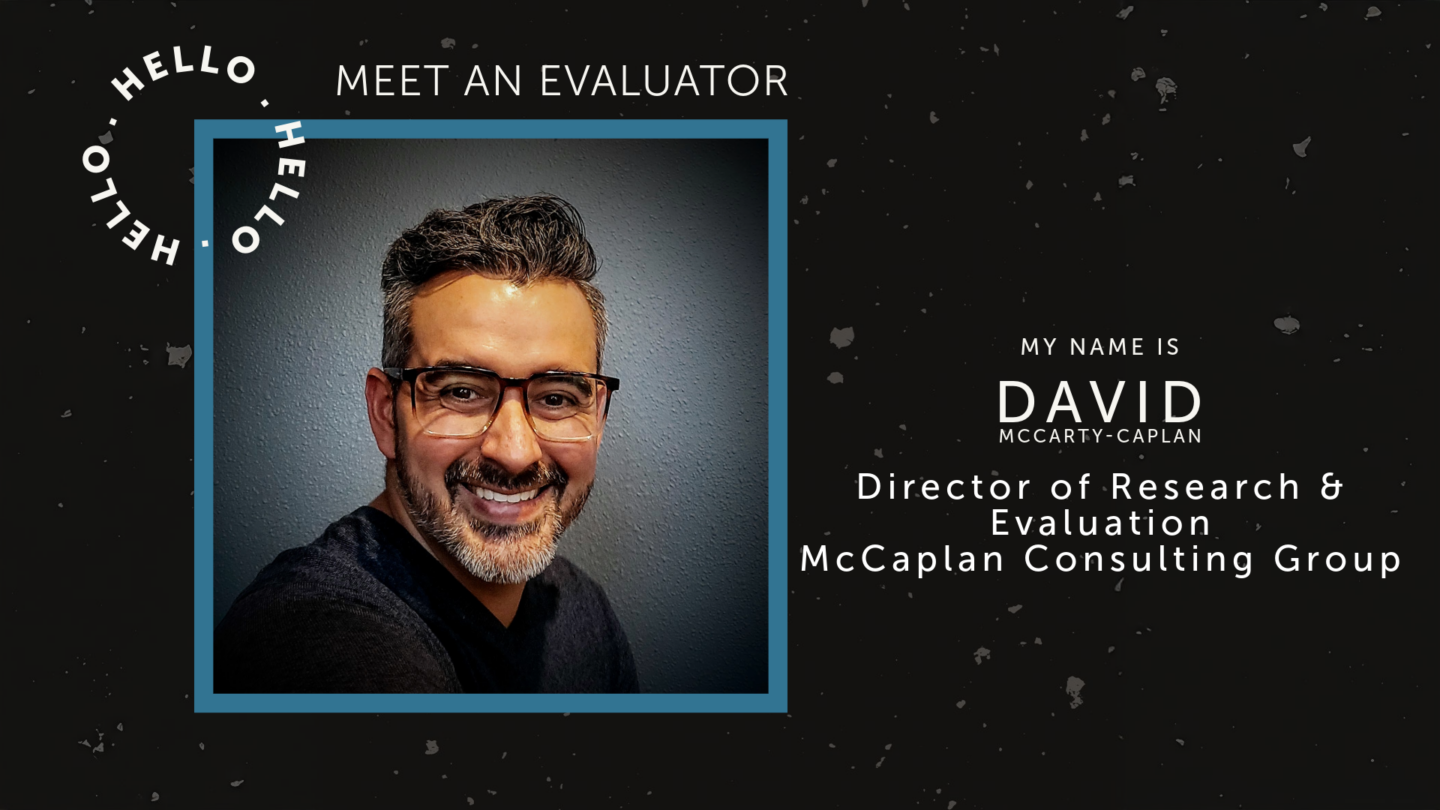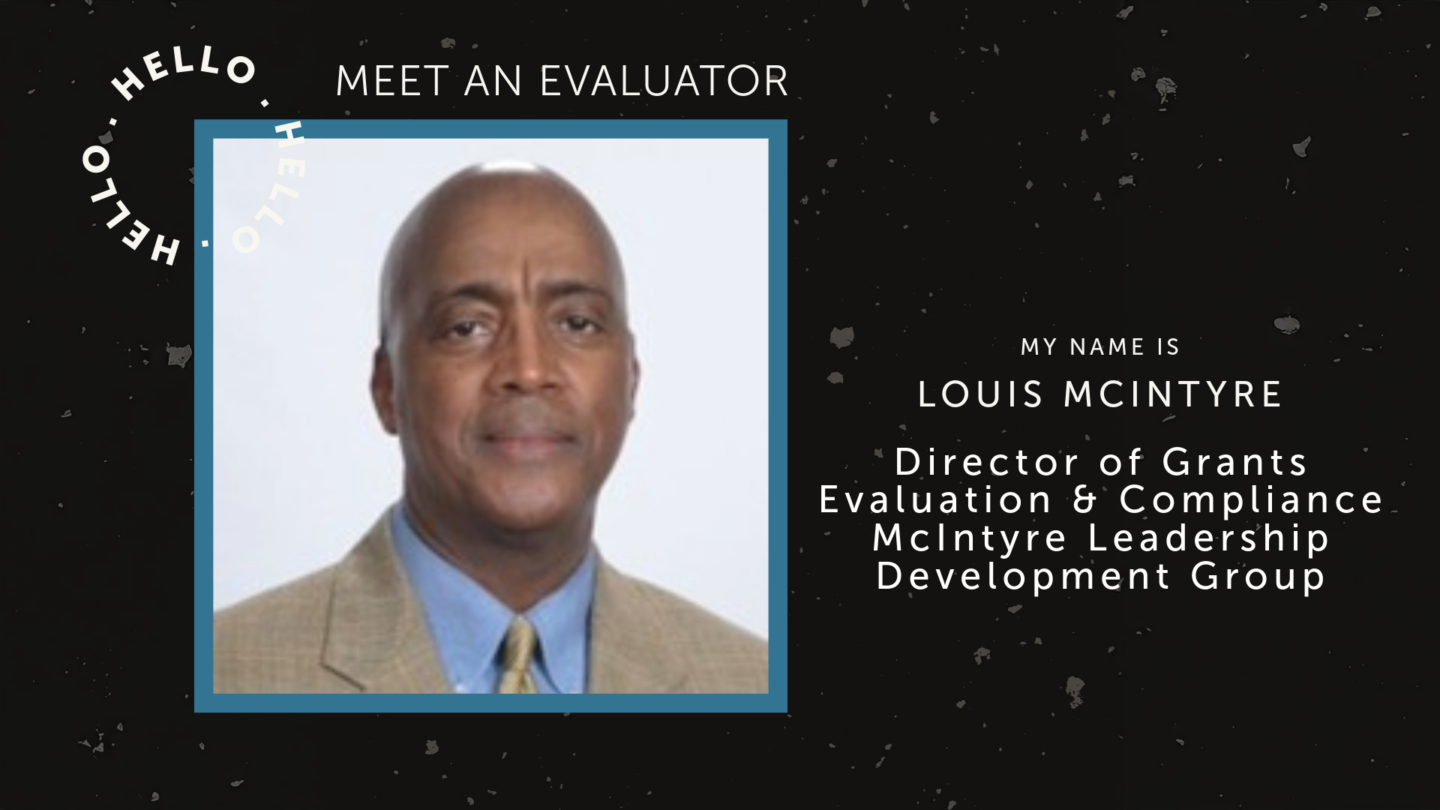
In your view, what makes a successful evaluation?
The most impactful evaluations help a project team achieve significant, concrete results. To do this, successful evaluations offer real-time feedback for immediate adjustments and improvements, incorporate quantitative and qualitative data sources and mixed methods to strengthen findings, and engage stakeholders to translate findings into actionable steps. My approach to evaluation goes beyond just identifying areas for intervention or improvement to, instead, create measurable change. I am committed to helping clients build the knowledge, skills, and partnerships necessary to drive lasting positive outcomes.
What evaluation approaches inform your practice? Do you gravitate more toward quantitative, qualitative, or mixed methods?
MUME Collective’s approach to evaluation utilizes a rigorous mixed-methods approach combining surveys, questionnaires, interviews, focus groups, participant observation, document analysis, and key quantitative metrics to assess a project’s activities and impact. I think it is important to adopt mixed methods because quantitative research provides useful measurable data and identifies significant trends and patterns, but it can’t always capture the nuanced, contextual, and experiential aspects of a project. This is where qualitative methods help create a more holistic, true-to-life assessment. My firm collaborates with project teams throughout implementation, collecting and communicating formative data to monitor progress and document how activities emerge and pivot in real time. We also gather project documentation and engage stakeholders to collect summative data at key milestones. We triangulate, analyze, and interpret all data using descriptive and inferential statistical analysis and thematic coding to document a project’s impact and effectively guide decision-making.
Why did you become an evaluator?
As a geographer with a passion for social justice, I became an evaluator to leverage my expertise in critical mixed methods, local geographies of opportunity, and data analysis to support education and workforce development initiatives and community-based research projects. My commitment to racial, economic, gender, and disability justice drives my work to ensure that project implementations and outcomes are equitable and inclusive. As an evaluator, one of my primary goals is to help organizations and project teams center marginalized groups like people of color, low-income communities, and people with disabilities in their work.
How do you build trust with projects you’re evaluating?
I build trust with project teams through collaboration and open communication from the project proposal stage to evaluation report submission. In the pre-award stage, I meet with PIs and other project leads to understand their objectives, proposed activities, and expected outcomes and impacts. Based on this information, I complete an evaluation plan for the project at no charge, making sure it is rigorous and fits seamlessly into the proposal to increase the likelihood that the proposal is funded. Once a project is awarded funding, my evaluation operates as an iterative process, sharing data collection instruments and reporting data and findings via regular memos and meetings with the leadership team. This ongoing knowledge sharing and engagement helps to ensure that project leaders feel a sense of trust and ownership in the evaluation process, thereby increasing their likelihood of utilizing findings in decision-making both before and after summative evaluation reports.
Share a memorable adventure or travel experience you’ve had.
One of my favorite pastimes is travel, and I was fortunate to travel with my partner to Madagascar for a 2.5-week trip in summer 2019. We enjoyed exploring Madagascar’s rich biodiversity and different climates, interacting with playful lemurs on an island in the rainforest, climbing the spiky Grand Tsingy stone formation, admiring the majestic canopies of baobab trees, and then relaxing on the beach. The cuisine was a unique blend of African, Asian, and European flavors, adding another memorable layer to our experience.

Except where noted, all content on this website is licensed under a Creative Commons Attribution-NonCommercial-ShareAlike 4.0 International License.





 EvaluATE is supported by the National Science Foundation under grant number 2332143. Any opinions, findings, and conclusions or recommendations expressed on this site are those of the authors and do not necessarily reflect the views of the National Science Foundation.
EvaluATE is supported by the National Science Foundation under grant number 2332143. Any opinions, findings, and conclusions or recommendations expressed on this site are those of the authors and do not necessarily reflect the views of the National Science Foundation.